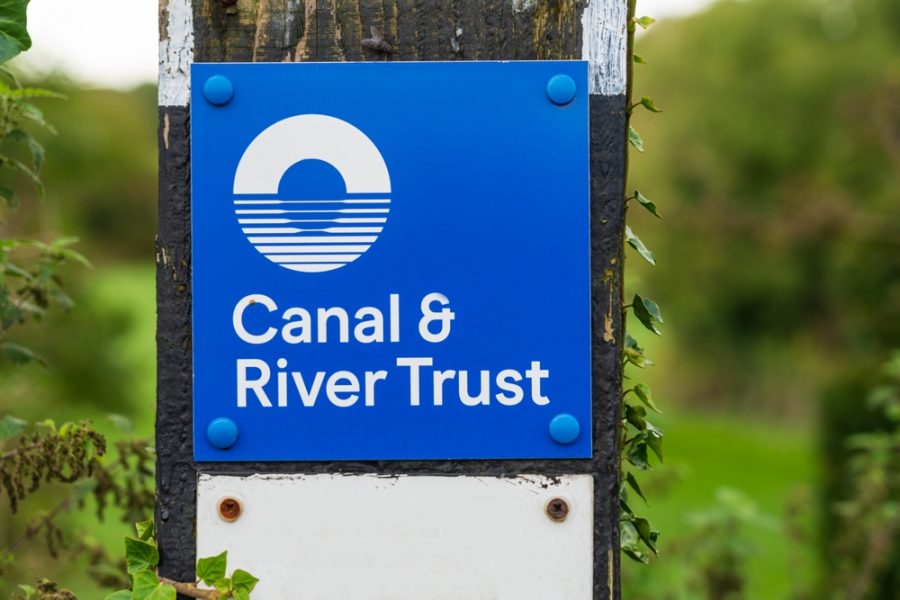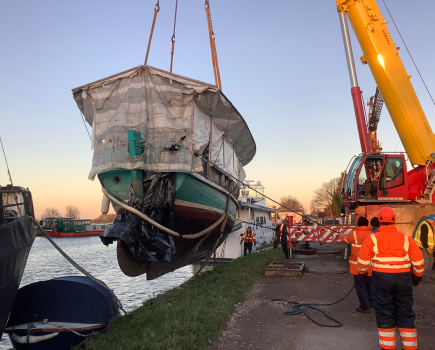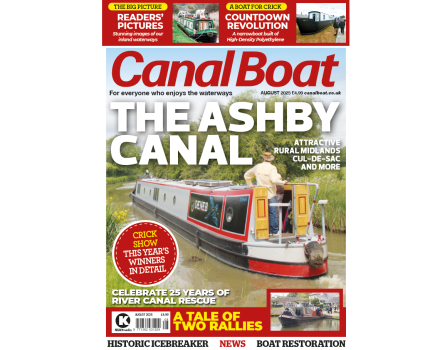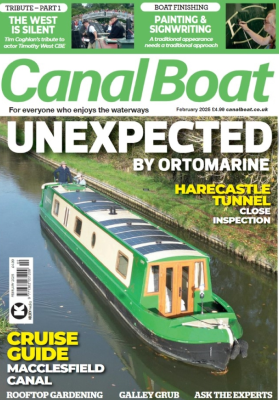Following the driest spring since 1893* and continued hot sunny weather, with parts of England already officially in drought, the Canal & River Trust is advising that water availability across some parts of the canal network is under strain with low river flows and reducing water holdings in the charity’s canal-feeding reservoirs.
Whilst the majority of the network is open and fully navigable, there are currently restrictions in place on certain canals. Mostly, this means reduced lock operating hours, which are intended to extend water supplies and navigation for as long as possible this summer. In some instances, low water supply means that boat passage through locks has been temporarily suspended.
A map of the affected areas can be found on the Notices section of the Trust’s website: filter by reason: ‘Low Water Levels’ and select ‘Map View’.
While navigation restrictions currently mostly affect northern waterways, the continued dry weather means that restricted lock opening times are now being introduced elsewhere, including sections of the Grand Union and Oxford canals, and in some parts of the midlands.
Alex Hennessey, national boating manager at Canal & River Trust, said: “The conditions we’ve seen so far this year are putting pressure on the water supplies needed to facilitate navigation. The lack of rainfall is the primary driver for low flows and, in some areas, this is compounded by essential reservoir repairs required by legislation, which are temporarily reducing their water storage capacity. In addition, the Trust is now required to comply with modern legally binding environmental conditions in place to protect rivers and streams which can limit the feed of water into the canal network, further reducing historic sources of water.
“The canal network has a constant demand for water. Whilst boat passage through locks is an obvious use of water, evaporation and transpiration can see canals lose as much as an inch of water on hot summer days. An underlying ‘sweetening flow’ is also always needed to support ecology and avoid canals turning stagnant.”
The Trust’s volunteer lock keepers have been helping to manage boat traffic at lock flights to ensure water supplies are used as sparingly as possible, and the Trust continues its programme of water saving repair works to increase all available water flows into the canal network. Water levels are being reviewed on a daily basis and the Trust will remove, or introduce, water saving measures as necessary. If it rains enough to allow safe navigation, restrictions will be lifted immediately: this is likely to require sufficient and prolonged rain over several weeks rather than a sudden very heavy downpour.
Alex continues: “We know how frustrating navigation restrictions are. We’re grateful to boaters for their support and patience, including those with deeper draughted vessels. We’re asking everyone to be extra vigilant this summer; sharing locks wherever possible, double-checking that paddles are fully closed, and planning routes carefully. These all make a real difference in helping conserve water and sustaining navigation for everyone.”
*Met Office figures for England, 2 June 2025








